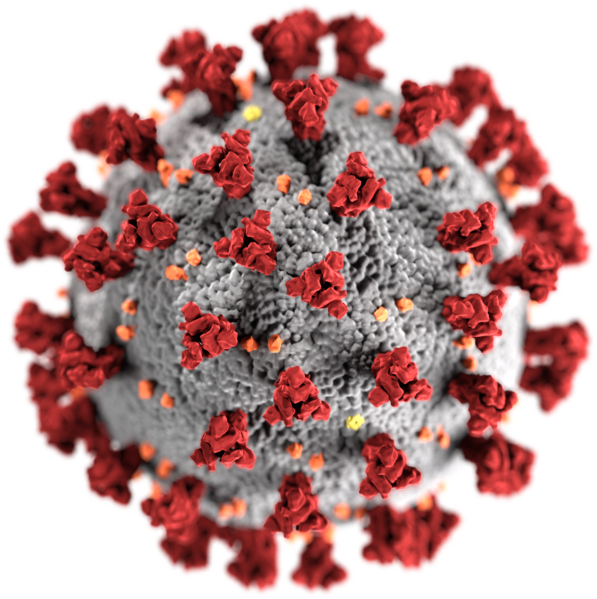
The COVID-19 vaccine schedule recently changed. How does this impact people with cancer? Here is what you need to know.
What has not changed: Adults who are moderately or severely immunocompromised should get four vaccine doses (three primary doses and a booster shot). This includes many people with cancer.
What has changed:
Shorter interval for booster shots.
- Adults who are moderately to severely immunocompromised should get a COVID-19 booster shot three months after their third dose, instead of the previous interval of five months.
No waiting period after monoclonal antibodies.
- Patients who receive preventive monoclonal antibody treatment no longer need to wait 90 days before getting vaccinated.
Third dose for immunocompromised children.
- Children ages 5-11 who are moderately or severely immunocompromised should get a third primary dose of the COVID-19 vaccine 28 days after their second shot.
Preference for mRNA vaccines over Johnson and Johnson.
- For all people, including people who are immunocompromised,mRNA vaccines are clinically preferred (Moderna and Pfizer).
New 8-week interval does not apply to immunocompromised patients.
- The CDC recently announced a new 8-week interval option between first and second shots for some people ages 12 and older (especially males ages 12-39 who may be at highest risk of myocarditis, a rare complication affecting the heart).
- Most people should follow the original 3- or 4-week interval between first and second doses, including: people who are immunocompromised, adults ages 65 and older, children under 12, and other people who need rapid protection related to community transmission or risk of severe disease.
| COMING SOON! People with cancer may have questions about COVID-19 vaccines. Our upcoming FAQ offers evidenced-based answers. | Learn more in our COVID-19 and Cancer Resource Center |
